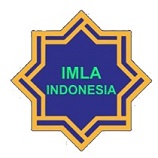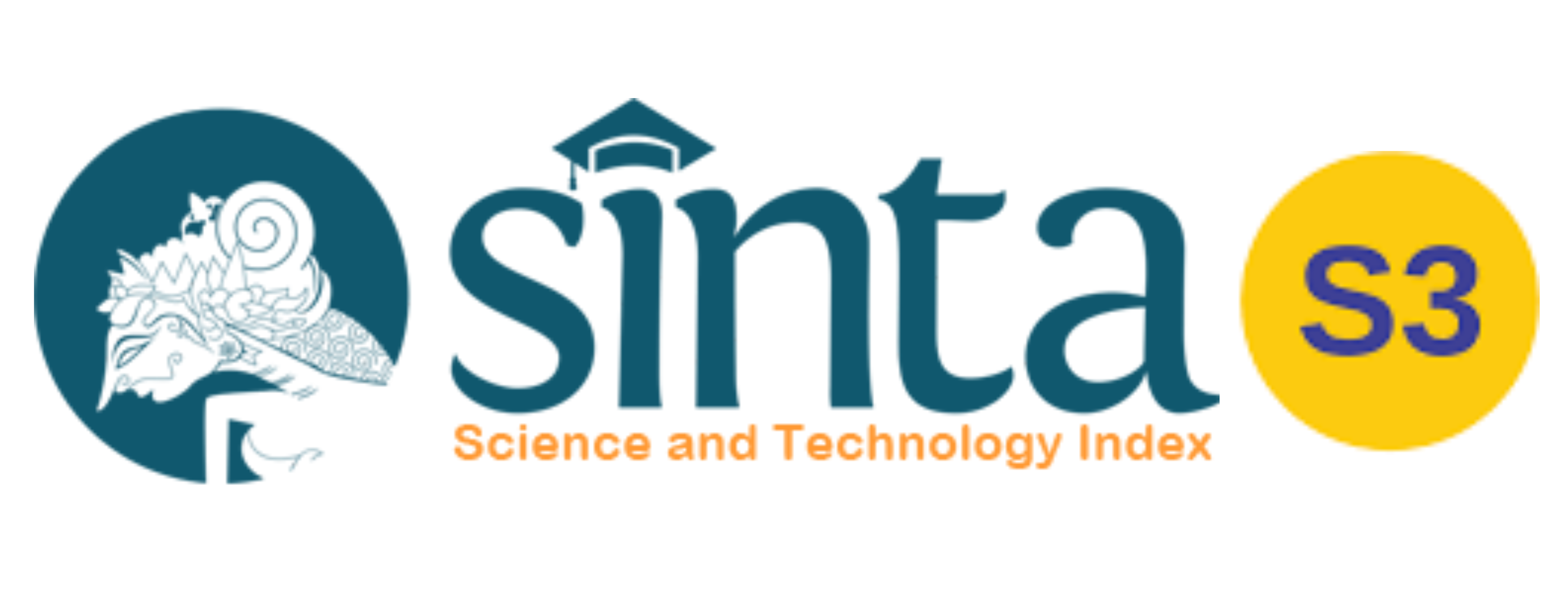KETIMPANGAN HUBUNGAN INDONESIA-MESIR 1950-2010: KAJIAN TENTANG TEORI RESIPROSITAS
Abstract
Egypt was the first country in the world that recognized the independence of
Indonesia. Egypt is also the first country signing a friendship agreement with Indonesia,
which was followed by the opening of representative offices in Cairo and in Jakarta in
1950/1951. More than that, Egypt is the country where Indonesia children studying since
before the 19th century to the present. Historical and emotional Indonesia-Egypt relations
should be an important asset for both countries to improve more strategic relations and
cooperation, so it becomes more meaningful each other. However, the opposite happened.
Indonesia has always looked at the importance of Egypt, but Egypt only one eye sees
Indonesia. Unequal, unbalanced and biased relationship reflected from two things,
namely the formation of representatives and officials visit the country.
This dissertation research aims to answer the question why the relationship
between Indonesia and Egypt from 1950 to 2010 is unequal, unbalanced and biased, and
what efforts are offered to improve the relationship between Indonesia and Egypt so that
Indonesia has interesting bargaining power, so that Indonesia is considered important by
Egypt. Hopefully, this research has benefits for the development of International
Relations and Middle East Studies as well as to provide input to the Government of
Indonesia in making decision related to foreign policy towards Egypt and generate the
basis for the implementation of Indonesia's foreign relations in the future, especially
between Indonesia and Egypt.
Indonesia. Egypt is also the first country signing a friendship agreement with Indonesia,
which was followed by the opening of representative offices in Cairo and in Jakarta in
1950/1951. More than that, Egypt is the country where Indonesia children studying since
before the 19th century to the present. Historical and emotional Indonesia-Egypt relations
should be an important asset for both countries to improve more strategic relations and
cooperation, so it becomes more meaningful each other. However, the opposite happened.
Indonesia has always looked at the importance of Egypt, but Egypt only one eye sees
Indonesia. Unequal, unbalanced and biased relationship reflected from two things,
namely the formation of representatives and officials visit the country.
This dissertation research aims to answer the question why the relationship
between Indonesia and Egypt from 1950 to 2010 is unequal, unbalanced and biased, and
what efforts are offered to improve the relationship between Indonesia and Egypt so that
Indonesia has interesting bargaining power, so that Indonesia is considered important by
Egypt. Hopefully, this research has benefits for the development of International
Relations and Middle East Studies as well as to provide input to the Government of
Indonesia in making decision related to foreign policy towards Egypt and generate the
basis for the implementation of Indonesia's foreign relations in the future, especially
between Indonesia and Egypt.
Keywords
Reciprocity, International relation and National Interest
Full Text:
PDFDOI: https://doi.org/10.20961/cmes.7.2.13414
Refbacks
- There are currently no refbacks.
Copyright (c) 2017 Jurnal CMES
| Copyright of CMES ISSN 2085-563X (print) and ISSN 2502-1044 (online) CMES Journal is licensed under a Creative Commons Attribution-ShareAlike 4.0 International License. | CMES (Center of Middle Eastern Studies) Print ISSN: 2085-563X Online ISSN: 2502-1044 Website: https://jurnal.uns.ac.id/cmes/index Email: cmes@mail.uns.ac.id Published by: Arabic Literature Department, Faculty of Cultural Science, Universitas Sebelas Maret Ir. Sutami Street, No. 36A, Surakarta, Jawa Tengah 57126 Phone: +62 822-4000-2313 |















